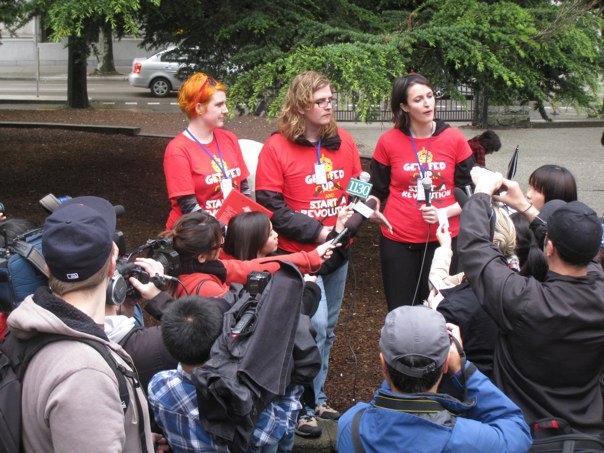Anti-gay agitators like to bring up a particularly monstrous story from the bible (and there are many to choose from) as an example of God’s perfect mercy. They use this story to demonstrate that God is not okay with buttsecks, or really anything that isn’t face-to-face vagina/penis intercourse with the lights off and while a woman is ovulating. Rather than trying to retell it in my own inimitable style, I’ll let The Professor Brothers do it for me (video and audio NSFW):
They kind of leave it as a tease at the end, the way that the tribe gets repopulated. Let’s just say that for the (by my count) third time so far in the book, Yahweh is super pissed off that people do things against his will, but has zero problems whatsoever with incest.
Yahweh also seems to be a bit of a plagiarist, unashamedly ripping off the tragic climax of the story of Orpheus and Eurydice and adding an oddly (un?)savoury twist. Just another example of where the Bible seems to encourage completely blind faith over reasonable skepticism or even human decency: surely Lot’s wife (who apparently doesn’t deserve a name) had some friends in town whose fates she was upset about; apparently Yahweh’s not big on compassion either.
So this is the example we’re supposed to hold up – the rigorous moral standard that we poor wretched sinners can’t ever even hope to aspire to, save through the oddly-specific requirements of Jesus. We are to villify gay people (not rapists, incidentally – anti-gay crusaders will specify that the crime wasn’t rape, but secks in teh butt) because they are more evil than a mass murderer that permits drunken incest but whose wrath is so moved by a single moment of doubt that he will transform you into a kitchen condiment?
You are right to laugh.
 Like this article? Follow me on Twitter!
Like this article? Follow me on Twitter!




